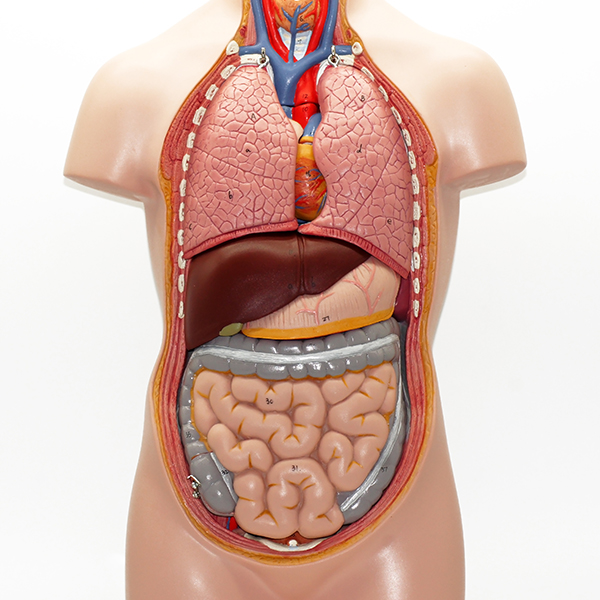
Traditional Chinese Medicine (TCM) Perspective on understanding uric acid and kidney stones:
Relationship to Kidney Stones:
The link between Kidney Yin deficiency and kidney stones in TCM.:
Preventing Kidney Stones During Ramadan:
Here are some tips to prevent kidney stones during Ramadan, considering both TCM and general health practices:
Disclaimer:
This information is for educational purposes only and should not be a substitute for professional medical advice. It’s important to consult a qualified TCM practitioner at the Centre of holistic Excellence, for diagnosis and personalized recommendations, especially if you have a history of kidney stones.
Quick links
Help & Info
Working Hours
08h00 to 16h00 Monday to Friday
08h00 to 11h00 Saturday
Contact Us